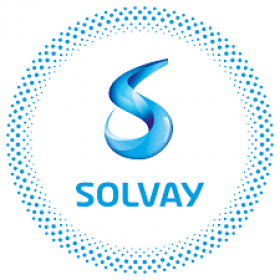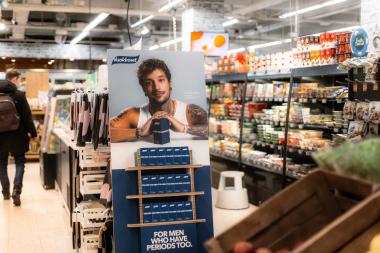Solvay reduces transportation carbon footprint
Solvay is partnering with transportation providers KIITOSIMEON and ADAMS LOGISTICS to reduce the carbon footprint of its facility in Voikkaa, Finland. Known for its hydrogen peroxide technology, the site has a yearly capacity of 85 kilotons, making it the largest hydrogen peroxide unit in the country and one of the largest in Europe. However, the transportation of its products results in more than 850 tons of CO2 emissions annually, attributed to the several thousands deliveries conducted each year.
While the Voikkaa site has been operating on 100% wind-generated electricity since 2023, the journey towards decarbonization takes another step forward as it transitions transportation fuel from diesel to biofuel in the first quarter of 2024. This shift will result in a significant annual reduction of over 700 tons of CO2 emissions, representing more than 8O% reduction in the site's transportation carbon footprint.
As part of its commitment to carbon neutrality by 2050, Solvay has outlined a sustainability roadmap with around 40 energy transition projects. These projects focus on eliminating coal usage, emphasizing renewable energy sources, prioritizing energy efficiency, and driving process innovation. Solvay has further committed to reduce its emissions* along the value chain by 20% by 2030.
*scope 3 emissions, focus 5 categories, 2021 baseline
Solvay





























